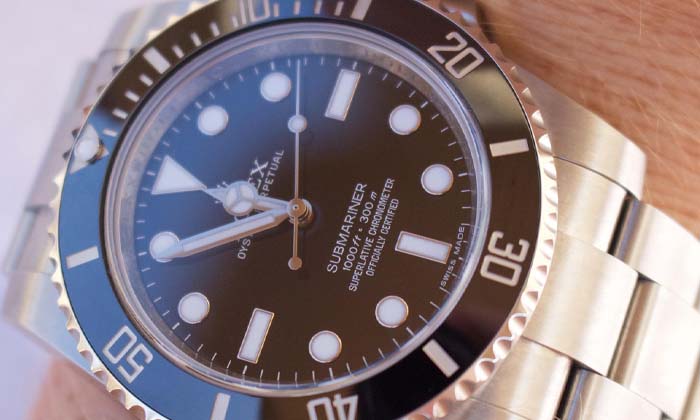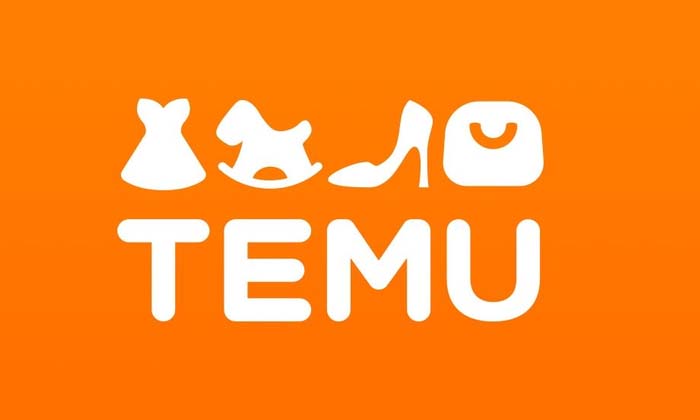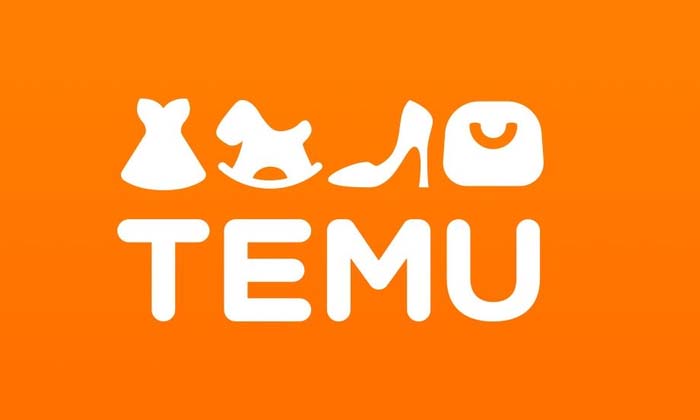If you've spent any time browsing the world of luxury watch giveaways, you've probably come across both raffles and skill-based competitions.
At first glance they might look the same, you buy a ticket and hope to win a high-end watch. But there’s an important distinction between the two, especially when it comes to how they operate legally and what they mean for participants.
Understanding this difference isn't just about knowing the rules. It also helps you decide which platforms you can trust and where your money is safest. To make sense of it, let's break down what sets a traditional raffle apart from a skill competition and how companies like The Premium Time Company use the latter model to offer fair and transparent chances to win luxury watches.
What Is a Watch Raffle?
A raffle is a simple form of giveaway where participants buy numbered tickets. Each ticket represents a chance to win, and one or more numbers are drawn at random to decide the winner. It is a straightforward process that relies only on luck.
Charities and community groups often use raffles to raise funds. However, when money and valuable prizes are involved, the law treats raffles differently. In the United Kingdom, raffles are classified as a form of gambling under the Gambling Act 2005. Running one privately without a license or charitable status can lead to penalties or fines.
That is why most legitimate watch giveaway companies avoid using the term 'raffle.' They instead operate under the structure of a prize competition, which introduces an element of skill and complies with UK law.
What Is a Watch Skill Competition?
A skill competition may look like a raffle at first, but there is a key difference. To enter, participants must answer a question, solve a puzzle, or complete a simple task that involves some level of reasoning or knowledge.
By requiring skill before the entry is accepted, the competition moves out of the gambling category. It becomes a prize competition where winners are chosen randomly, but only from people who have answered correctly or completed the task.
At The Premium Time Company, for instance, entrants are asked to answer a multiple-choice question before their ticket is confirmed. Only correct entries go into the draw. This extra step ensures fairness and keeps the process legal and transparent.
Why the Difference Matters
The distinction between a raffle and a skill competition is important for several reasons.
A raffle depends purely on luck. There is no skill involved, which means it falls under gambling regulations. Running one without the proper license could make it illegal.
A skill competition, on the other hand, allows participants to take part in a lawful way. The added element of knowledge or reasoning changes the nature of the contest. It also gives participants more confidence in the fairness of the draw.
The skill requirement may seem like a small step, but it plays a big role in creating a legitimate and responsible experience. It also encourages engagement. People feel more involved when they have to think before entering.
Legal and Ethical Transparency
In the UK, the difference between the two types of contests is clearly defined by law. To qualify as a prize competition, the event must include a genuine skill or knowledge element that prevents all entries from being purely random.
Reputable companies follow these rules closely. They make sure their questions are fair and that the process is easy to understand. This is also why trustworthy organisers use clear language in their promotions. They describe their events as competitions, not raffles or lotteries.
The Premium Time Company follows this approach carefully. The rules, entry limits, and draw details are all explained upfront. Participants know exactly how to enter, when the draw takes place, and what the prize is. This transparency builds trust and ensures full compliance with regulations.
How Participants Benefit
Skill competitions are not just about legality. They also make the experience more enjoyable. The small task or quiz adds a sense of participation that goes beyond luck. You feel that you have earned your place in the draw.
It also makes the win more satisfying. When someone wins a high-end watch, there is a story behind it. The participant didn't just buy a ticket; they took part in something fair and structured. That adds a personal layer of achievement to the experience.
This is why many people prefer skill competitions over raffles. They are engaging, safe, and transparent. The focus is on fun and community rather than gambling or chance.
Why Watch Competitions Have Become So Popular
Luxury watches continue to rise in popularity, but so have their prices and scarcity. Brands like Rolex, Omega, and Tudor are harder than ever to buy through traditional retail channels.
Competitions offer an alternative route. For a modest entry fee, enthusiasts can take part in a legitimate draw for a dream watch. When the competition is run properly, it opens the door to people who might never have had the chance to own such a piece.
These contests also create communities of like-minded collectors. People share their excitement, follow draw results, and celebrate winners. The whole process feels interactive and social rather than purely transactional.
Choosing a Reliable Platform
Before entering any competition, it’s worth checking how the organiser operates. Look for clear rules, an obvious skill element, and transparent communication. The website should show previous winners and confirm that the prizes are genuine.
The Premium Time Company sets a strong standard in this area. Every competition is fair, and every winner is real. Each luxury watch is verified and comes with the correct paperwork and authentication. The company focuses on making the experience enjoyable, lawful, and trustworthy.
Final Thoughts
A watch raffle and a watch skill competition might look similar at first, but they operate under very different principles. A raffle is based entirely on chance and falls under gambling law. A skill competition adds a layer of reasoning or knowledge, which keeps it legal and transparent.
For anyone interested in winning luxury watches, choosing the right type of competition makes all the difference. The safest and most responsible way to take part is through platforms that value honesty and compliance.
The Premium Time Company continues to set that example. Each competition gives participants a fair chance to win something exceptional, all within a structure that respects both the law and the love of fine timepieces.




